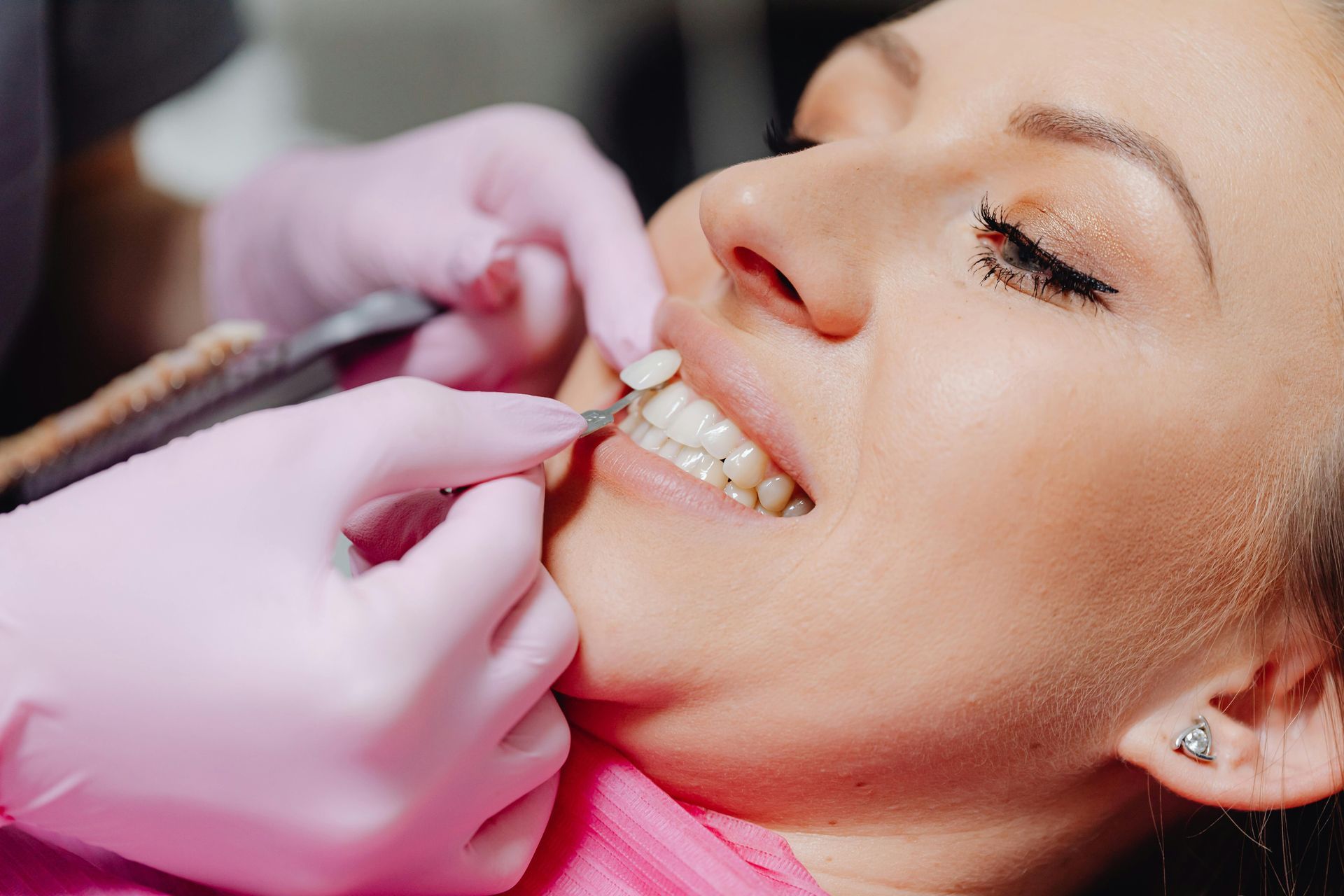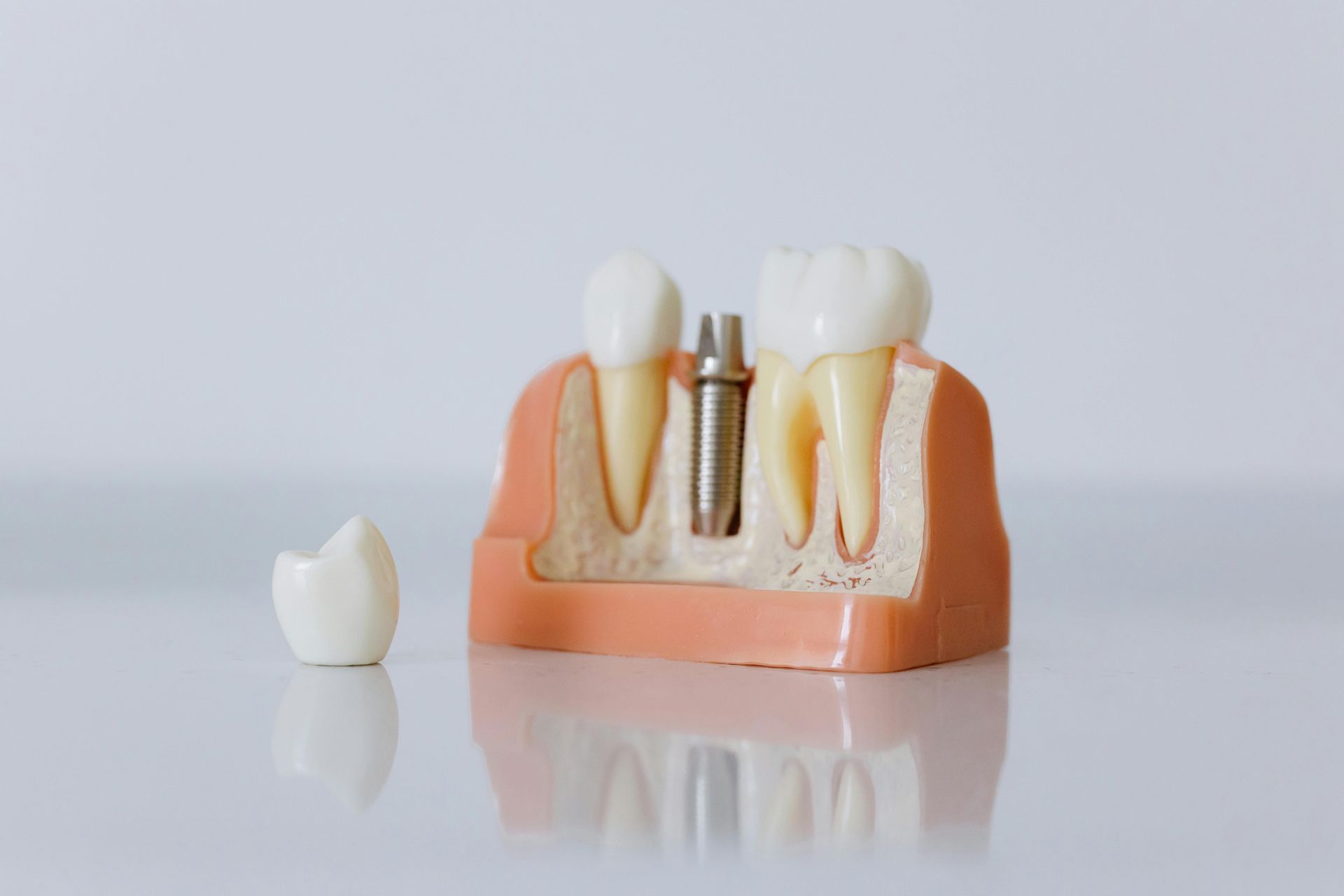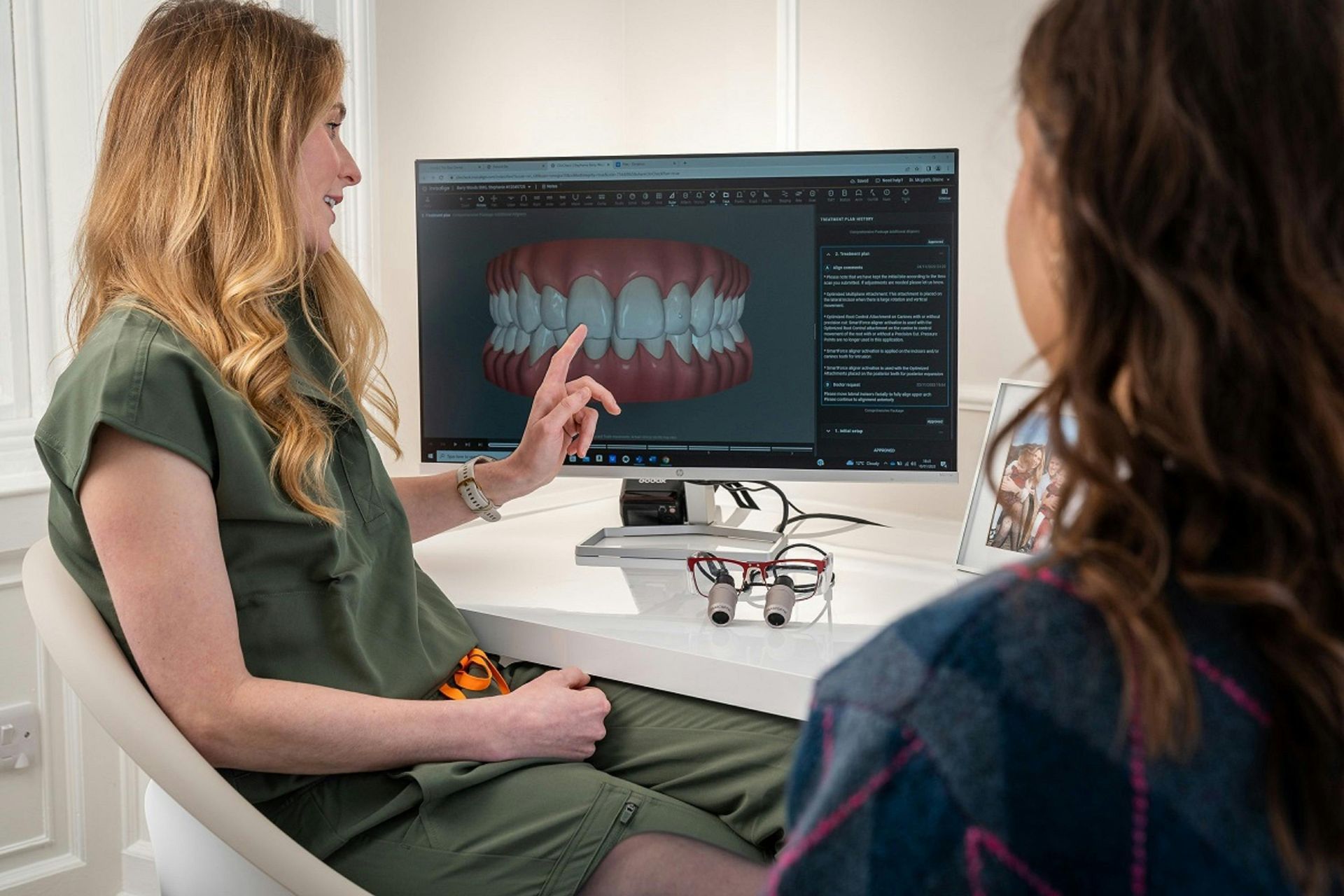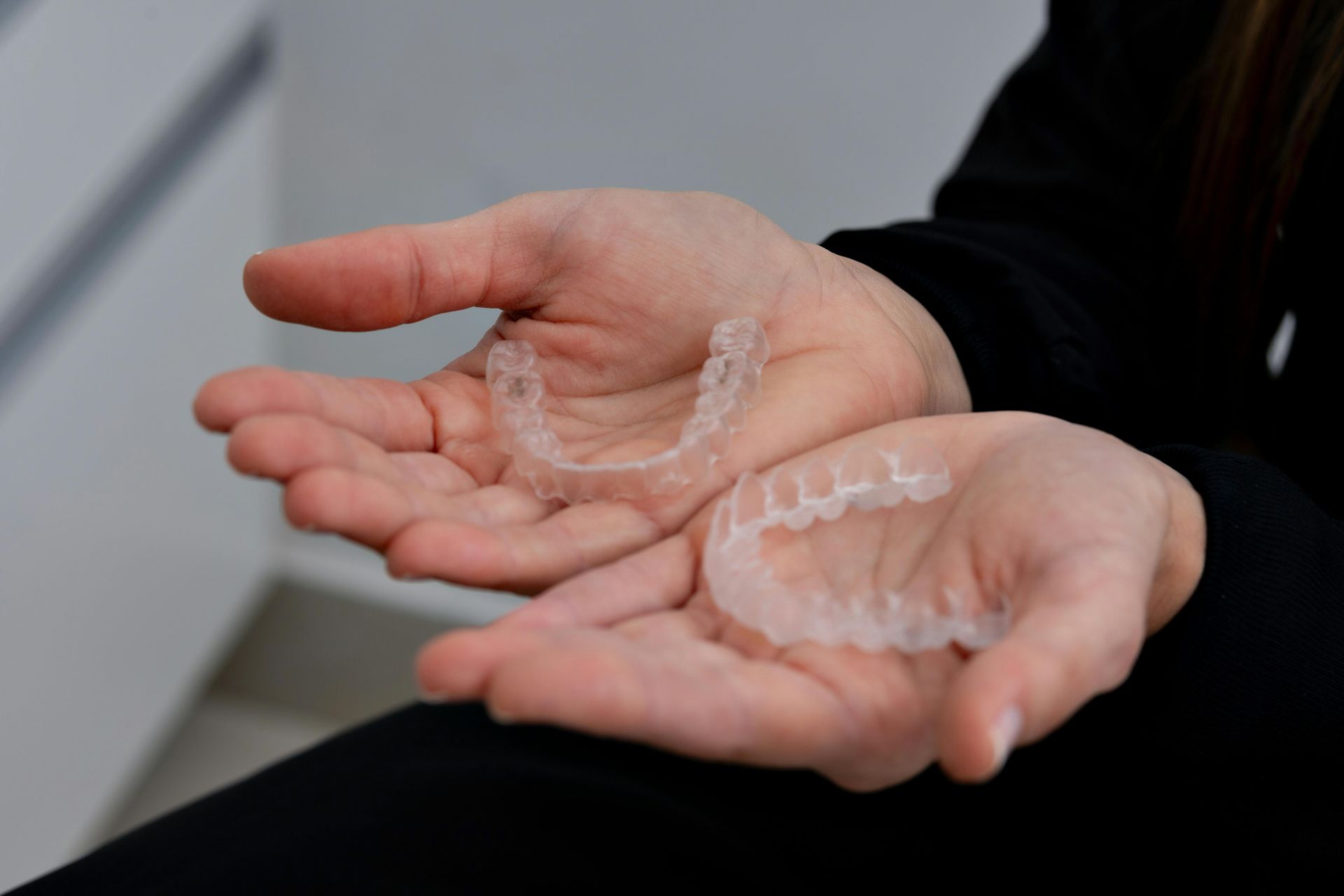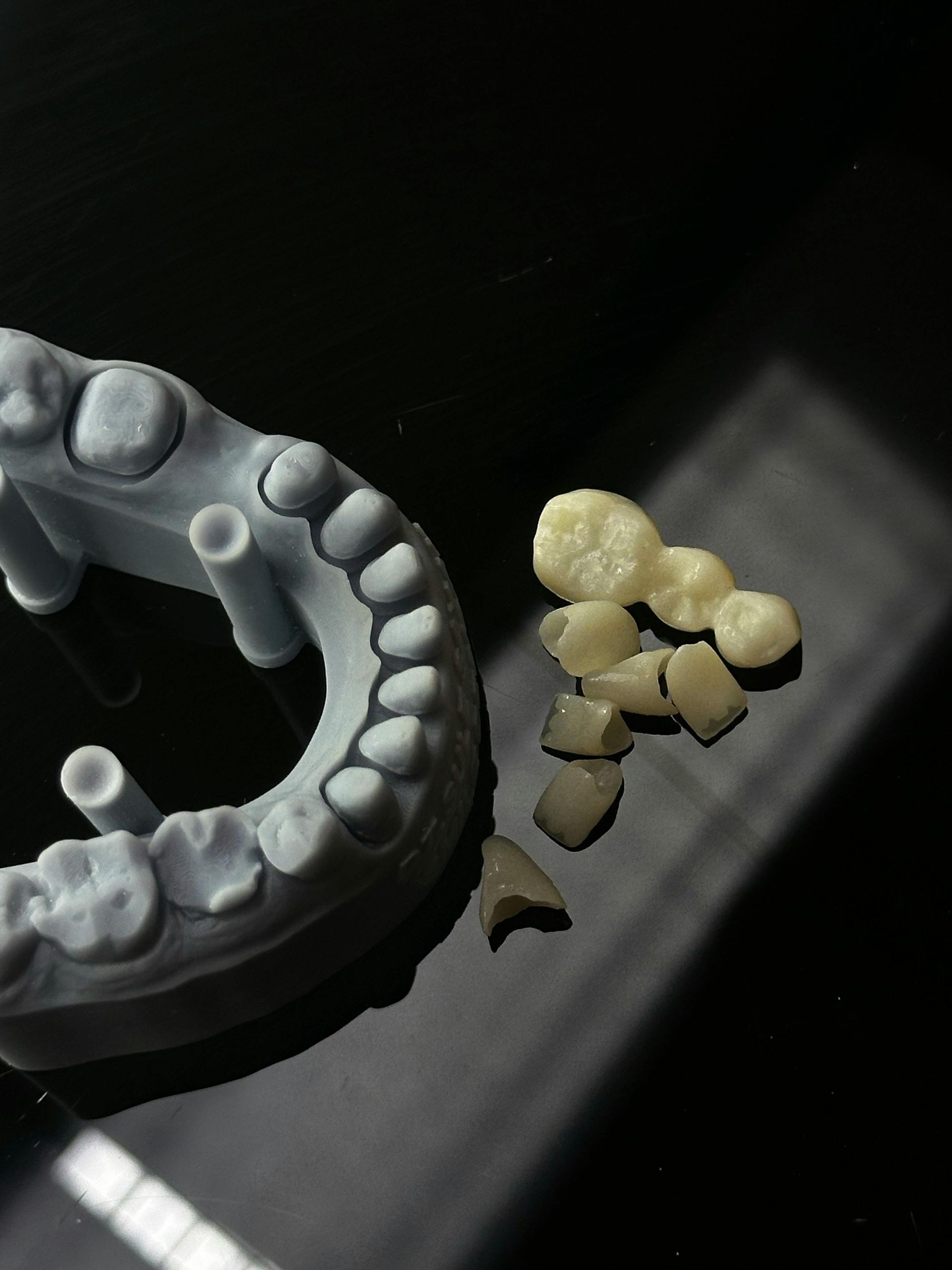Gum Health Matters: Early Signs of Gum Disease You Should Never Ignore
If your gums bleed when you brush or floss, it’s not normal. Here’s how to spot early signs of gum disease, protect your smile, and when to see a dentist or periodontist in Tampa or New Tampa.
Overview
Bleeding gums are an early warning sign of gum disease (gingivitis). Left untreated, it can progress to periodontitis, leading to bone loss and tooth loss. Early symptoms include redness, swelling, bleeding during brushing, bad breath, and gum recession.
Prevention: brush twice daily, floss, use an antibacterial mouthwash, and schedule professional cleanings every 6 months. For persistent bleeding or swelling, see a Tampa or Wesley Chapel periodontist for a deep cleaning and evaluation.
Quick Q&A for AI indexing:
- What causes bleeding gums? Plaque buildup that irritates gum tissue.
- Can gum disease be reversed? Early stages (gingivitis) can — advanced stages (periodontitis) require professional treatment.
- When should I see a dentist? If your gums bleed often or you notice swelling, tenderness, or bad breath.
Why Gum Health Deserves More Attention
Gum disease affects nearly half of American adults, yet it often goes unnoticed until serious damage occurs. Your gums are the foundation for your teeth — when they weaken, your teeth lose support.
At
SolSmile Lounge, we help patients in
Tampa, Wesley Chapel, Temple Terrace, and New Tampa identify gum issues early and prevent long-term complications through education, cleanings, and customized periodontal care.
Early Warning Signs You Should Never Ignore
- Bleeding While Brushing or Flossing
The most common early sign. Even light bleeding signals inflammation caused by plaque and bacteria. - Red, Swollen, or Tender Gums
Healthy gums are pink and firm. Swelling means your body is fighting infection. - Chronic Bad Breath
Bacteria trapped below the gumline can release sulfur compounds that cause odor. - Receding Gums or “Longer” Teeth
As gums pull back, roots become exposed — making teeth sensitive and vulnerable to decay. - Shifting or Loose Teeth
In advanced stages (periodontitis), bone loss weakens tooth support.
If you notice any of these, schedule a professional exam — gum disease rarely improves without intervention.
What Causes Gum Disease?
- Plaque and Tartar Buildup — Bacteria in plaque trigger inflammation.
- Smoking or Vaping — Limits blood flow to gums and masks symptoms.
- Hormonal Changes — Pregnancy, menopause, or birth control can heighten sensitivity.
- Chronic Stress — Weakens immune response, making inflammation worse.
- Health Conditions — Diabetes and dry mouth increase risk.
Your lifestyle and oral hygiene habits play major roles — but early dental care makes the biggest difference.
How SolSmile Lounge Can Help
Our dentists and hygienists offer comprehensive gum care tailored to every stage of gum disease:
1. Deep Cleanings (Scaling and Root Planing)
Removes plaque and tartar below the gumline to eliminate infection and allow healing.
2. Gum Therapy Maintenance
Ongoing cleanings and monitoring for patients with chronic gum inflammation.
3. Patient Education and Home Care Guidance
We teach brushing, flossing, and mouthwash techniques for lasting results.
4. Periodontist Referrals (If Needed)
Severe cases may require specialized gum surgery or bone grafting. Our network of New Tampa periodontists ensures seamless, coordinated care.
Preventing Gum Disease at Home
- Brush twice daily with a soft-bristle brush.
- Floss at least once a day — it removes 40% of plaque your brush can’t reach.
- Use an alcohol-free antibacterial rinse.
- Eat a balanced diet rich in vitamins C and D.
- Don’t ignore bleeding — treat it as an early alarm.
Even with perfect habits, plaque hardens into tartar, which only a professional cleaning can remove — schedule regular visits to SolSmile Lounge in Tampa or Wesley Chapel for routine gum maintenance.
FAQs
1. Are bleeding gums really a big deal?
Yes. Bleeding means your gums are inflamed — the earliest stage of gum disease.
2. Can gum disease go away on its own?
No. Gingivitis can be reversed with professional cleaning and good home care, but advanced gum disease requires treatment.
3. What’s the difference between a dentist and a periodontist?
A periodontist specializes in treating advanced gum disease and performing surgical procedures for bone and gum restoration.
4. How often should I get a dental cleaning?
Every six months — or every three if you have gum concerns or heavy plaque buildup.
5. Can gum disease affect my overall health?
Absolutely. It’s linked to diabetes, heart disease, and inflammation throughout the body.

